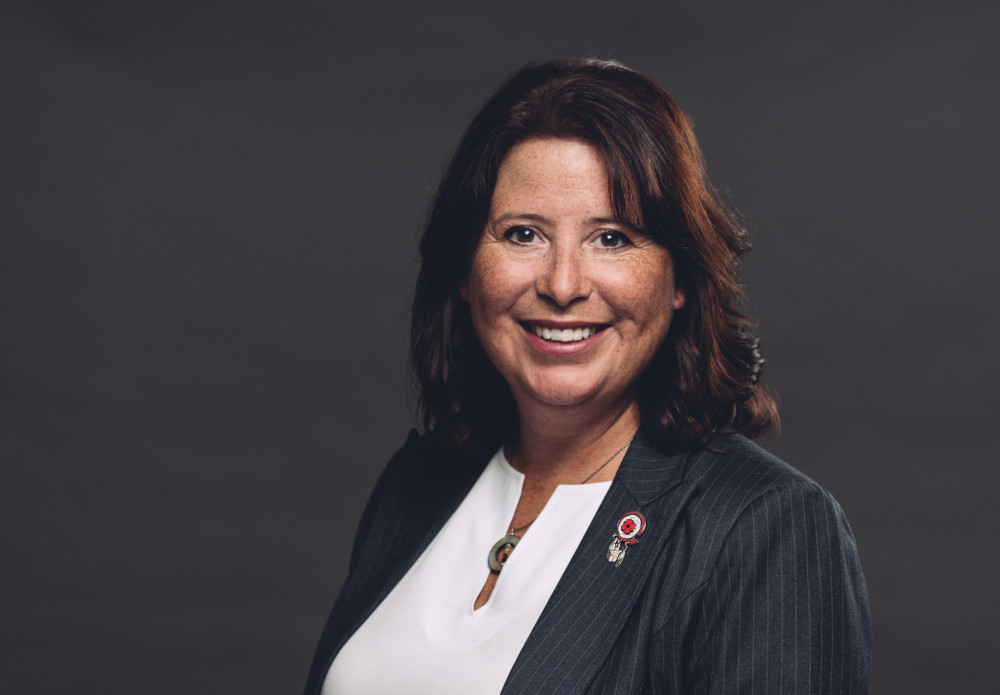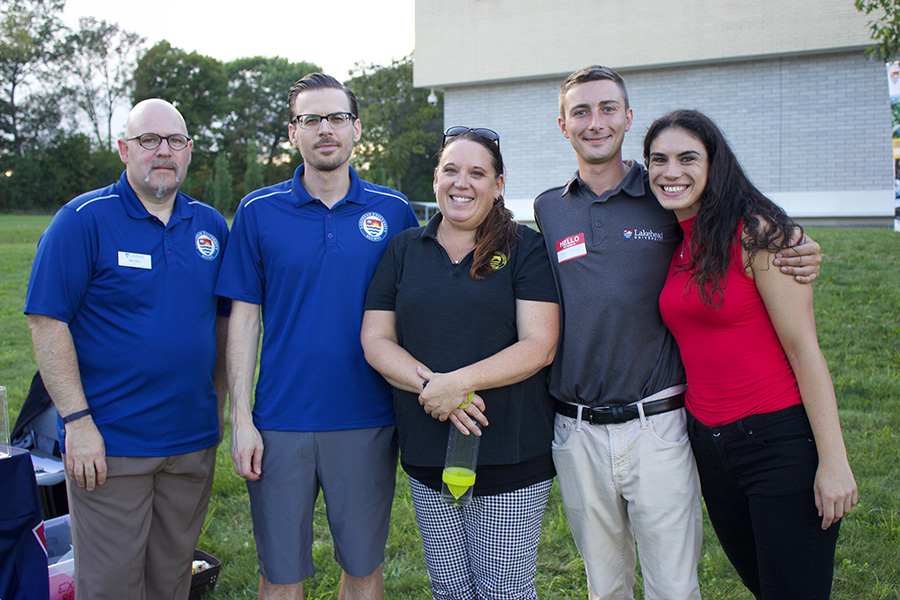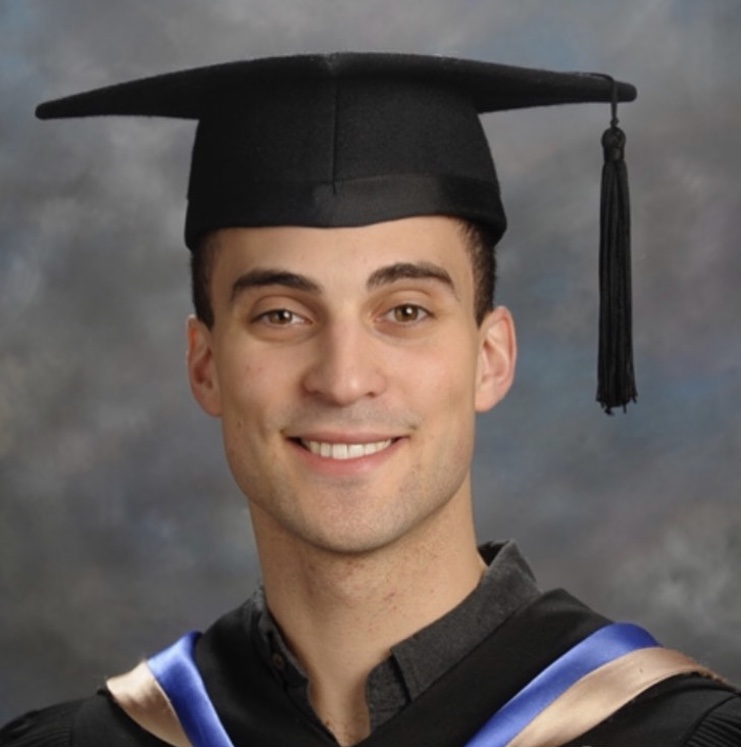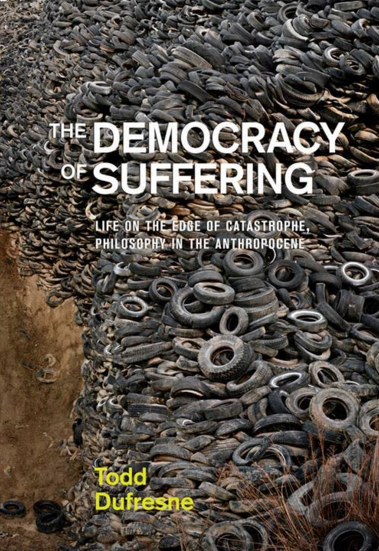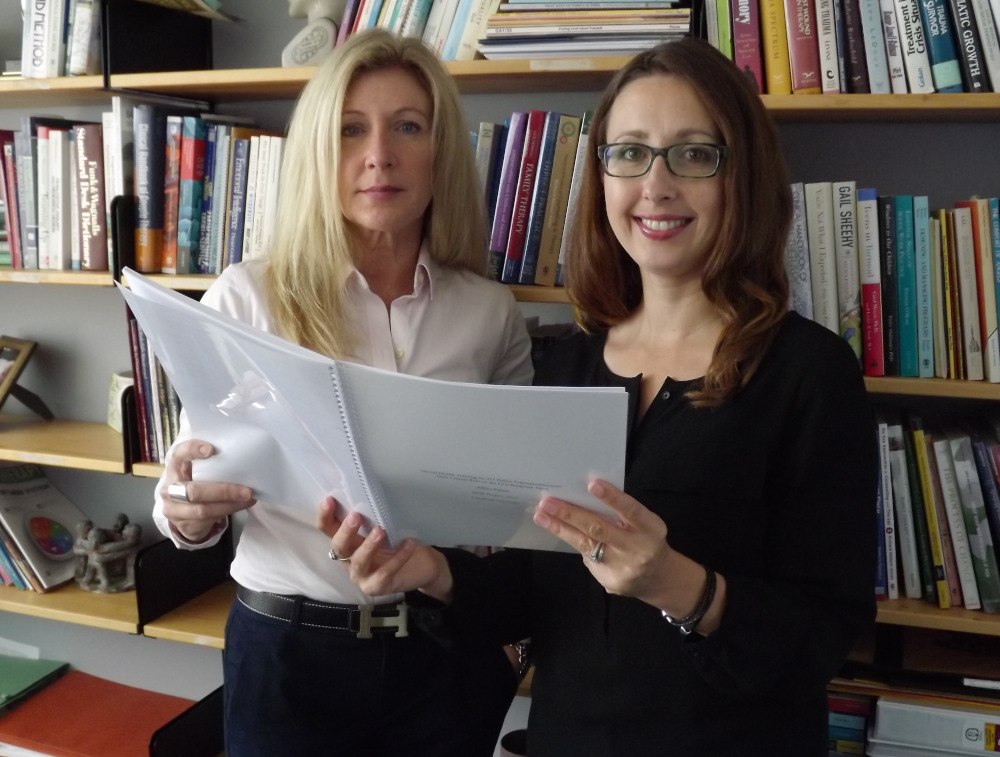Lakehead University’s In Conversation talks returning to the Thunder Bay Public Library
September 23, 2019 – Thunder Bay, Ont.
Lakehead University’s free In Conversation talks are returning to the Thunder Bay Public Library with exciting presentations planned for this semester.
Learning and Leading: An Anishinaabe kwe perspective - Saturday, Sept. 28

Cultural knowledge plays an important role in the development of identity. Join Lakehead University’s Denise Baxter, Vice-Provost, Aboriginal Initiatives, as she shares her journey through the education system and connects this to the ways in which she has learned her cultural knowledge.
As an educator for over 25 years, Denise has worked from within educational systems to affect change and worked to Indigenize and decolonize educational systems to ensure that learners have opportunities to connect with their own identities in the process of learning. Join Denise Baxter at the Mary J.L. Black Library on Saturday, Sept. 28 at 2 pm.
TBPS and Community: Renewing trust - Saturday, Oct. 19

Academics and reporters have written extensively about broken relationships between police and racialized communities. Recently, national media and oversight committees have focused on broken trust between the Thunder Bay Police Service (TBPS) and Indigenous peoples.
Yet, little has been written on how police services restore broken trust with communities. This talk focuses on an ongoing organizational change initiative to restore trust between the TBPS and Indigenous communities in Thunder Bay.
Join Lakehead University's Dr. Leisa Desmoulins, assistant professor in Education and a consultant for the Thunder Bay Police Service, at the Waverley Library on Saturday, Oct. 19 at 2 pm.
Big Tires, Big Ambitions: The Role of Fat Bikes in Recreation and Tourism in Northern Ontario - Saturday, Nov. 23

Last winter, undergraduate students and instructors from the School of Outdoor Recreation, Parks and Tourism at Lakehead University began exploring how people use fat bikes in recreational and sporting activities.
As one of the first post-secondary courses to be offered on fat biking, Topics in Outdoor Recreation – Fat Bikes: Big Tires – Big Aspirations provides a unique experiential opportunity for students to acquire fat biking skills while also interviewing managers, shop owners and fat bikers throughout Northwestern Ontario and Northeastern Minnesota.
Dr. Harvey Lemelin, professor in Outdoor Recreation, Parks and Tourism, will host this discussion at the Brodie Library on Saturday, Nov. 23 at 2 pm.
– 30 –
Media: For more information or interviews, please contact Brandon Walker, Communications and Marketing Associate, at (807) 343-8177 or mediarelations@lakeheadu.ca.
Lakehead University has approximately 9,700 full-time equivalent students and 2,000 faculty and staff in 10 faculties at two campuses in Orillia and Thunder Bay, Ontario. Lakehead is a fully comprehensive university: home to Ontario’s newest Faculty of Law in 44 years, the Northern Ontario School of Medicine, and faculties of Engineering, Business Administration, Health & Behavioural Sciences, Social Sciences & Humanities, Science & Environmental Studies, Natural Resources Management, Education, and Graduate Studies. Maclean’s 2019 University Rankings place Lakehead University among Canada's Top 10 primarily undergraduate universities and in 2018 Research Infosource named Lakehead Research University of the Year in its category for the fourth consecutive year. Visit www.lakeheadu.ca.
